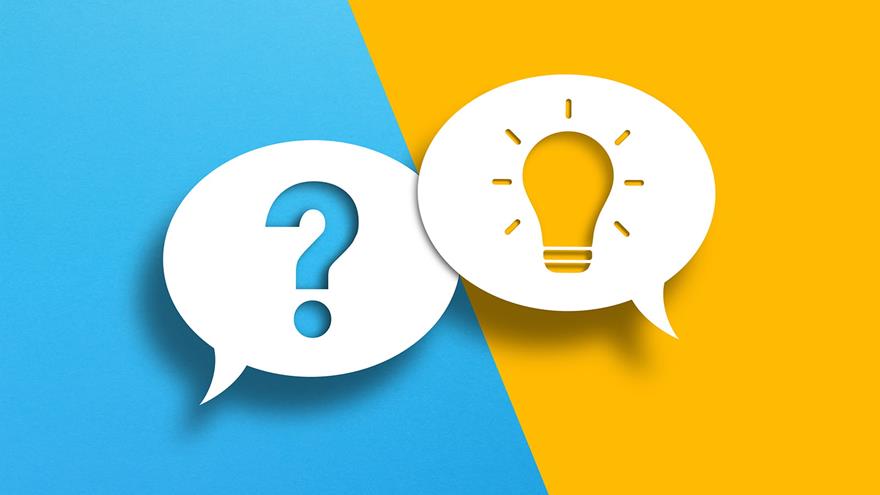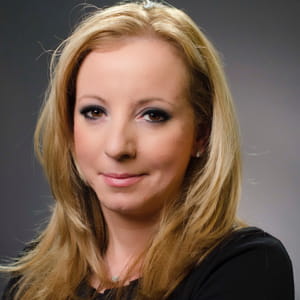Drexel Introduces Kiosk that Dispenses MacBooks

- ADHD Symptoms Predict Distinct Creative Problem-Solving Styles and Superior Solving Ability
- Lin-Manuel Miranda’s Miranda Family Fund to Support the Public Launch of Drexel University Improvisational Theater-Based Program Helping Autistic Youth
- Philadelphia Communities Help AI Machine Learning Get Better at Spotting Gentrification
- MXene Nanomaterials Enter a New Dimension

Drexel University introduced a 24-hour, self-service vending machine located in the W. W. Hagerty Library that will dispense MacBooks for use by students, faculty and staff. Drexel is the third university on the East Coast to introduce the kiosk, which holds up to 12 MacBooks that could be checked out free by anyone with a Drexel ID for five hours.
The kiosk provides a 24-hour solution to students who want to work on projects and assignments or study at the library late into the night. The service began as at the request of student Omer Hashmi, a representative from the Undergraduate Student Government Association, who met with Dean of Drexel University Libraries Dr. Danuta A. Nitecki to see if the Libraries would be able to provide laptop access late at night after staffed services close. Hashmi explained that he was hesitant to carry his personal laptop to and from campus from his off-campus residence because it was both burdensome and posed a security risk.
Libraries staff identified new technology and customized the kiosk for Drexel to provide a dozen 15-inch MacBooks. Staff worked in partnership with a West Coast vendor, LaptopsAnytime, to enable circulation of the 15-inch laptops. The Libraries will evaluate the use of the vending machine and results will determine if additional kiosks can be added in the libraries or around campus. Administrators are also considering iPads for future kiosks.
“This was a great opportunity to match a specific student need with library staff’s ongoing exploration of cutting edge technologies. We expect the resulting initiative to improve the Drexel student’s academic experience,” Nitecki said.
Borrowing the MacBooks comes with restrictions and terms of use. Students must remain in the library while using the MacBooks, which are equipped with security sensors. They are limited to a five-hour use beyond which a late fee of $5 per hour for each additional hour applies. All information is wiped clean once the MacBook is inserted back into a slot at the kiosk. The MacBook’s battery is also charged while the laptop is in the kiosk.
This is the latest in a series of new initiatives for Drexel Libraries under Nitecki’s leadership. In 2010, Nitecki introduced a personal librarian for each incoming Drexel undergraduate student, and in July 2011 spearheaded the opening of the Library Learning Terrace, which houses no physical books but provides “knowledge transfer” to students and staff. “Libraries are not only meant to house books,” according to Nitecki. “They also house learning.” Most recently, the Libraries removed the reference desk in an effort to better assist students seeking consultation. For more information on Drexel’s libraries, visit: http://www.library.drexel.edu/.
In This Article
Contact
Drexel News is produced by
University Marketing and Communications.
